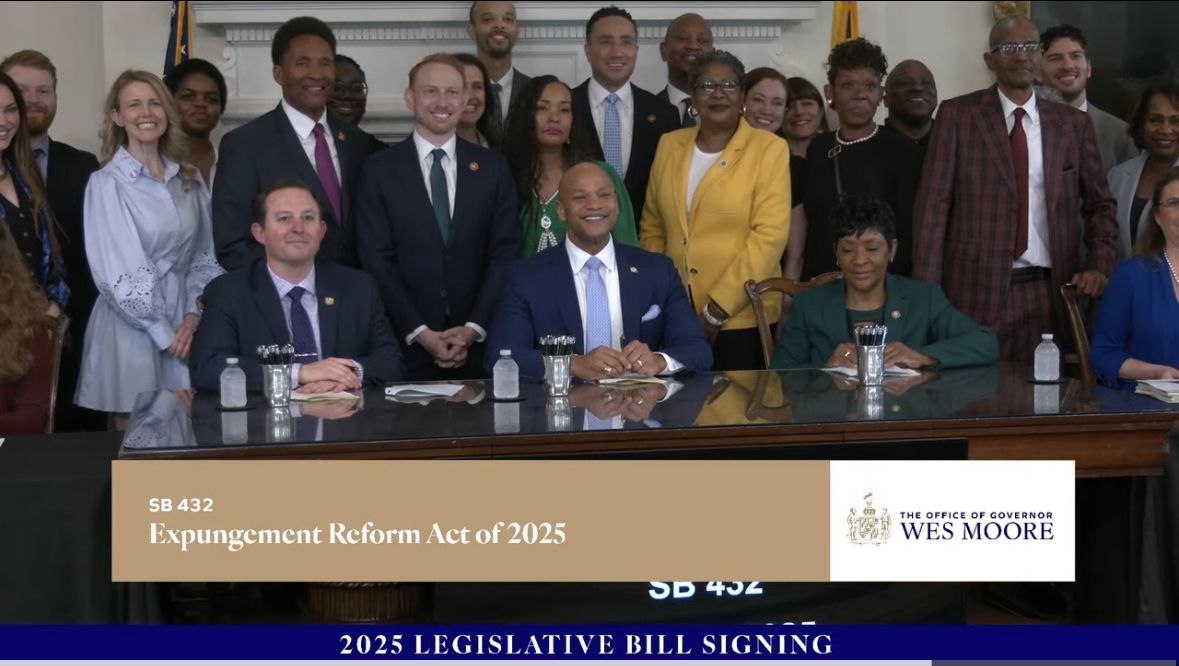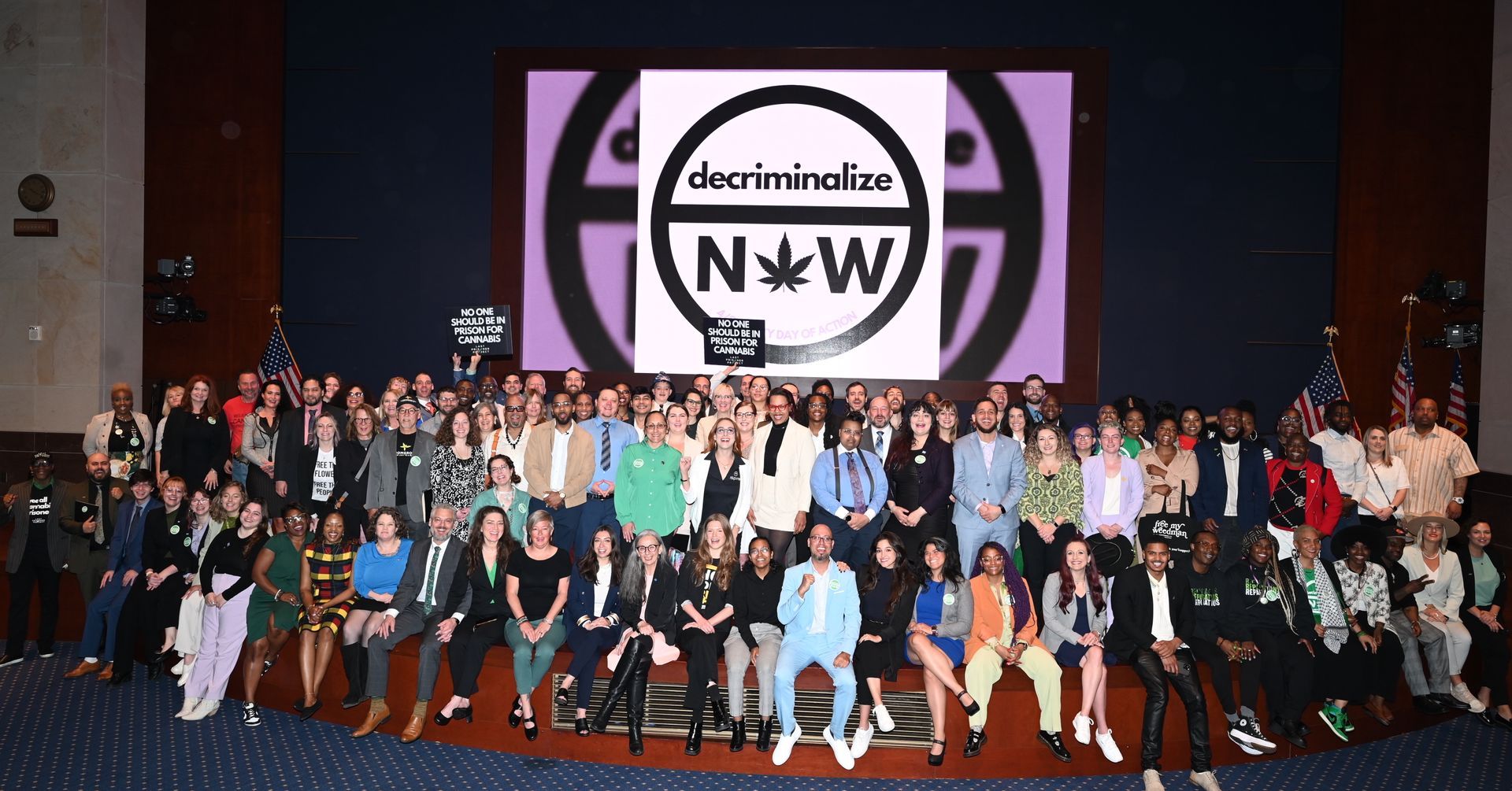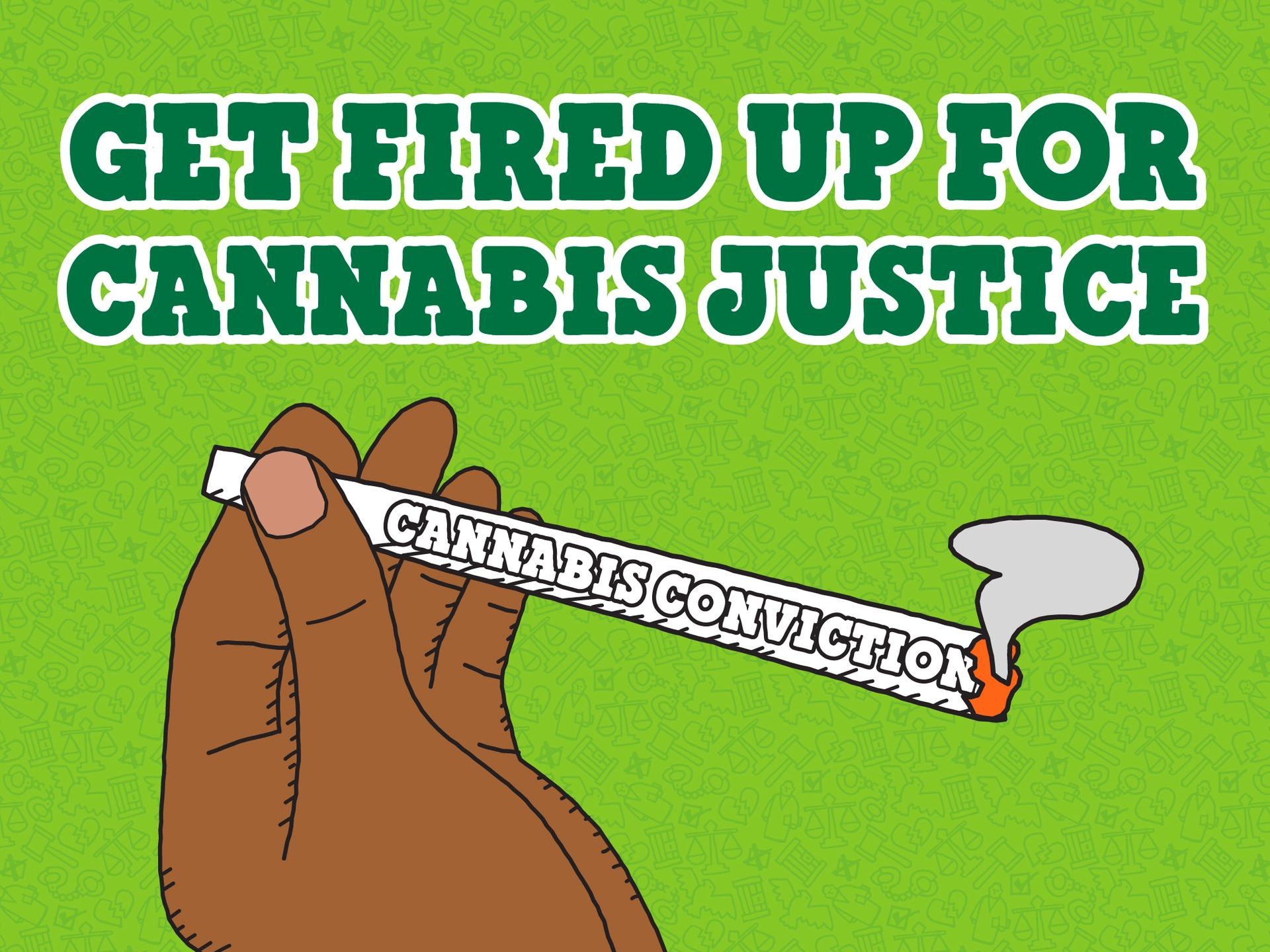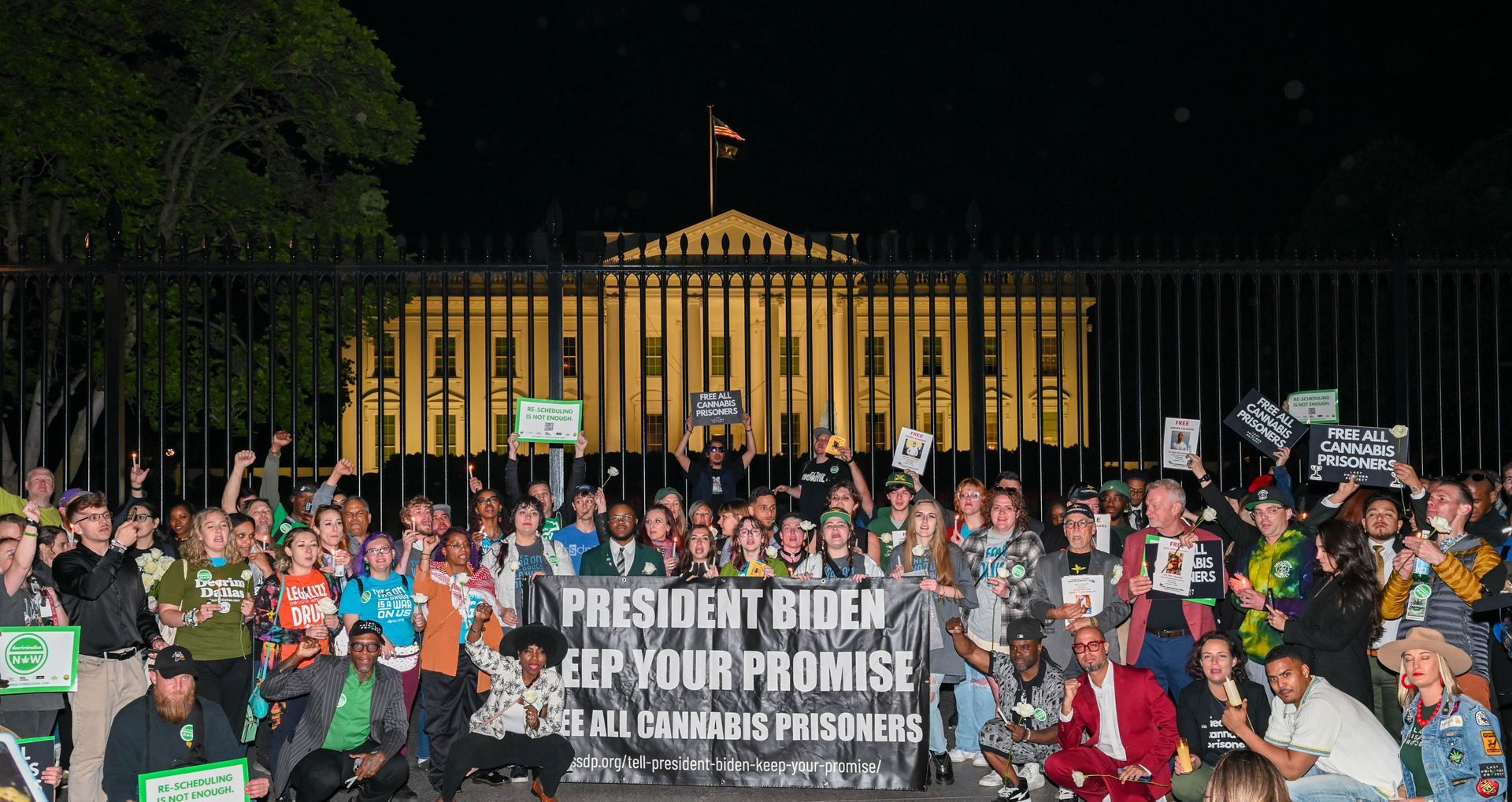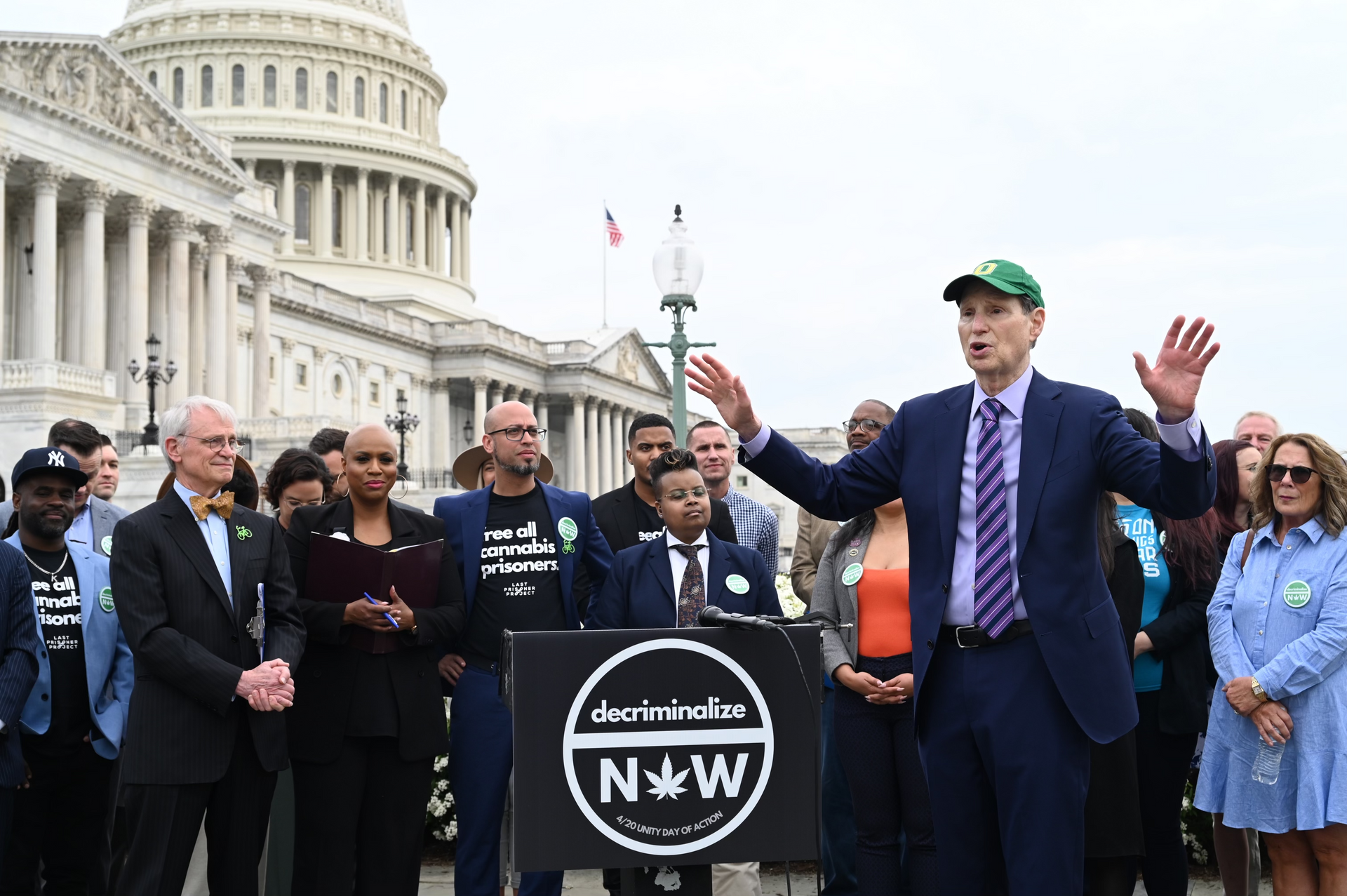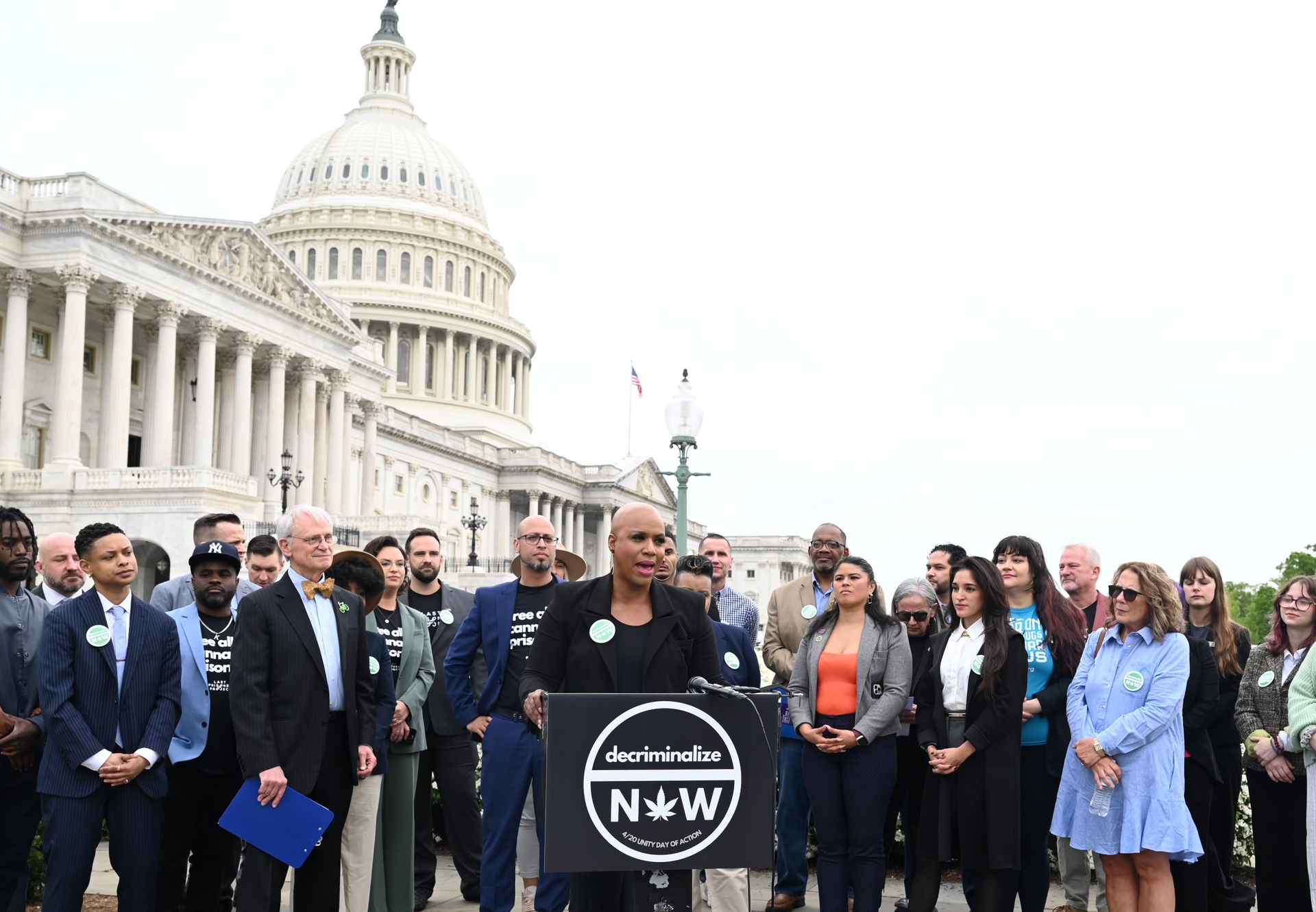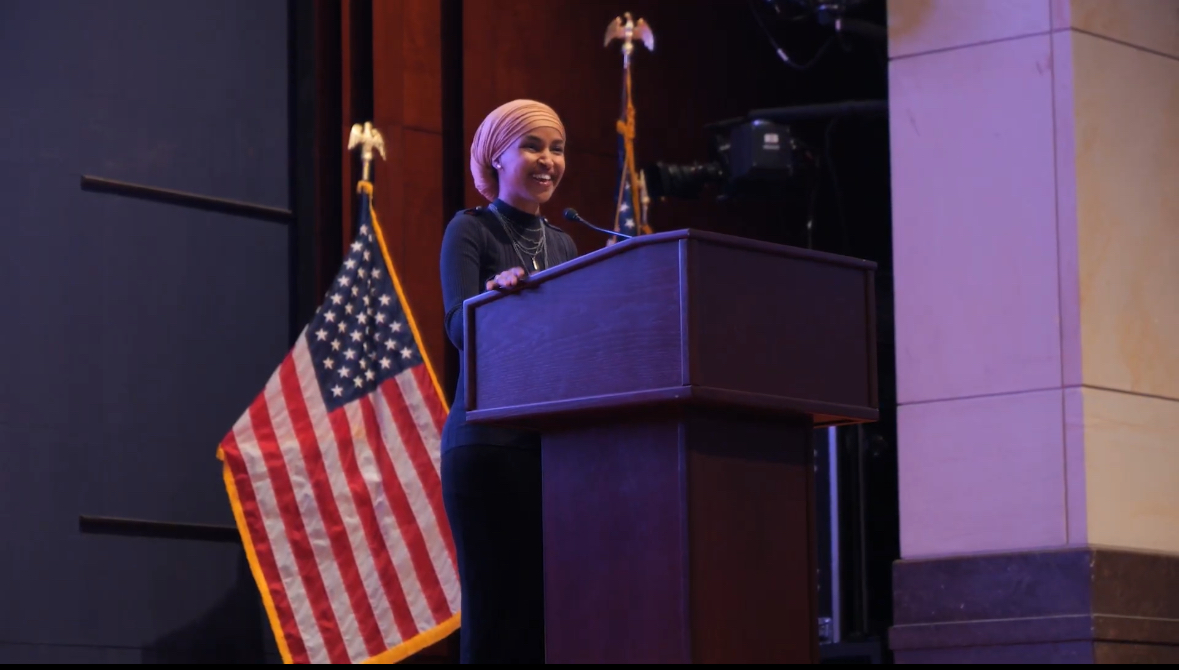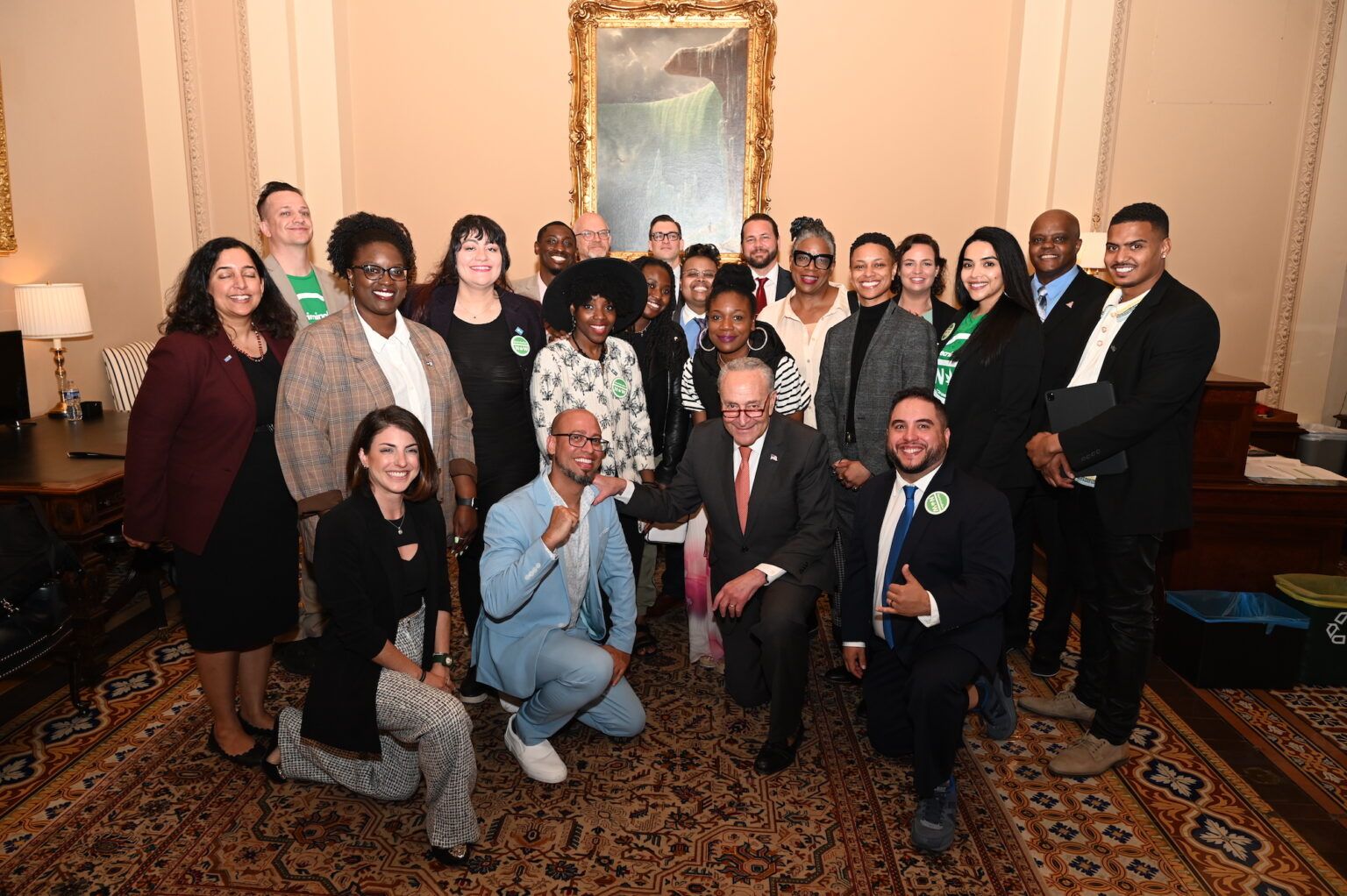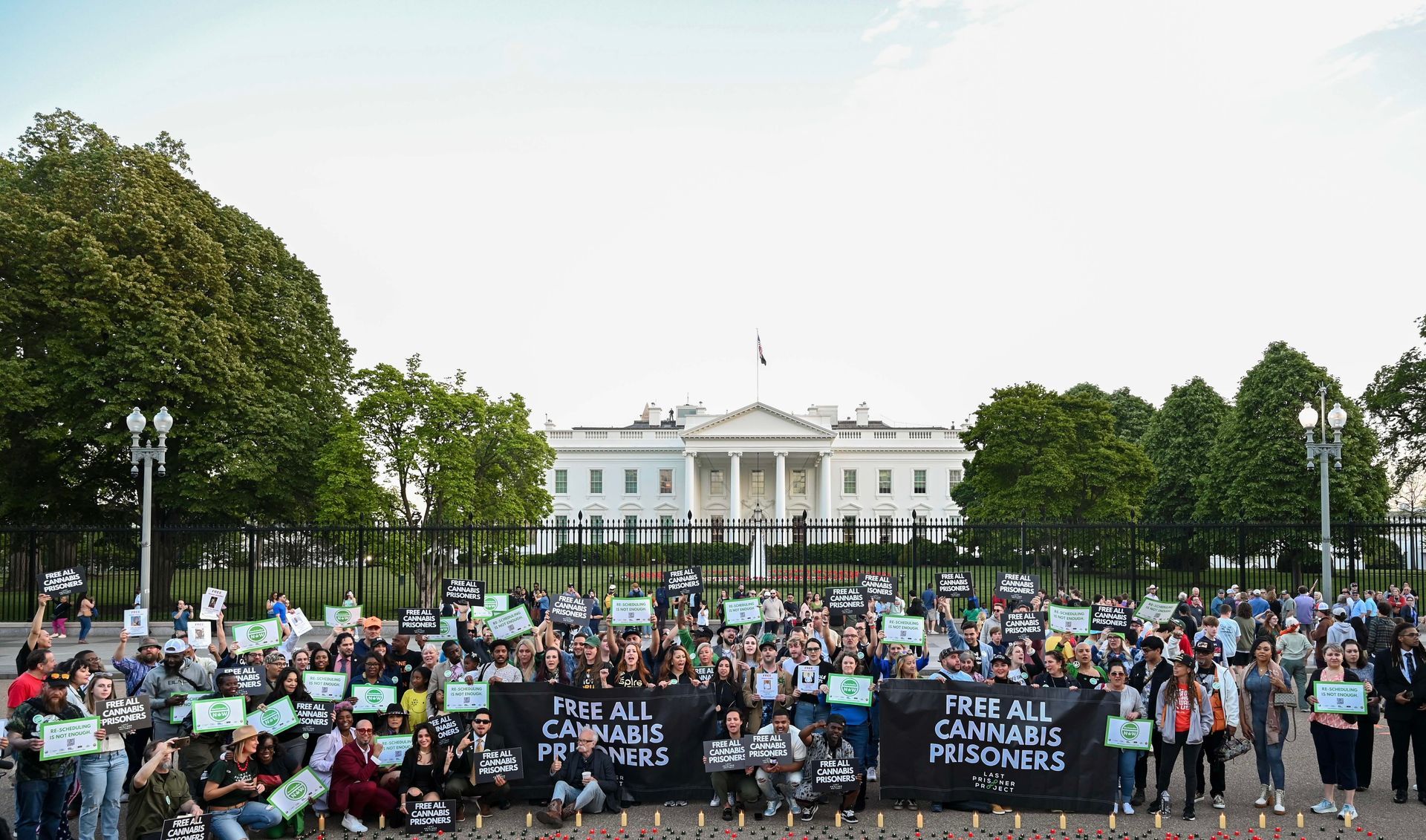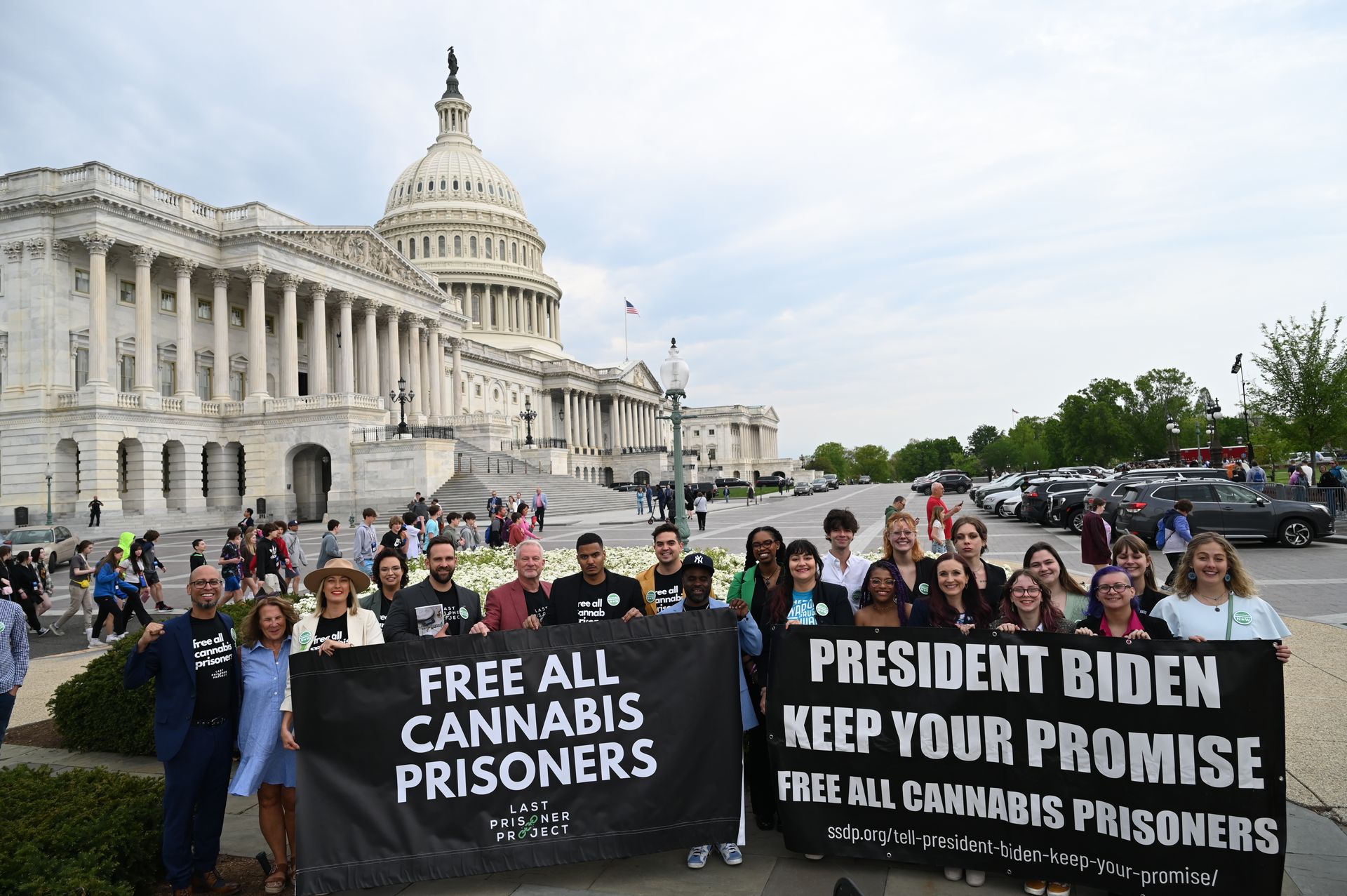Last Prisoner Project Mobilizes Largest Coalition of Bipartisan Cannabis Advocates to Washington, DC during Cannabis Summit
Congressional Leaders, Grassroots Organizations & Cannabis Industry Activists Call for Decriminalization during 420 Unity Day of Action
Multi-Day Activism Concludes with Moving White House Candlelight Vigil Honoring those Still Incarcerated and their Families
PRESS HERE
to Download Photos + Videos from the Week’s Events
Washington D.C., April 19 – Over the past several days,
Last Prisoner Project (LPP)
has been mobilizing the largest coalition of bipartisan cannabis advocacy, industry, and grassroots organizations, as well as individual activists to convene in
Washington D.C. for a
420 Unity Day of Action. A number of lobbying events applied public pressure on Congress and President Biden, encouraging them to take action to fully legalize cannabis, free those still in prison and clear cannabis-related convictions.
Although
24 states and D.C. have legalized adult-use cannabis sales and the vast majority of the U.S. population now lives in states with some form of legal cannabis, tens of thousands of people remain in state and federal prison and millions still suffer the collateral consequences of a criminal record for the same activity others now profit from.
Advocates were joined by several elected officials who have been leading the fight for cannabis reform including
Sen. Ron Wyden (D-Oregon),
Rep. Earl Blumenauer (D-Oregon),
Rep. Ayanna Pressley
(D-Massachusetts) who spoke during Wednesday’s press conference in front of the
U.S. Capitol, and the next day
Rep. Ilhan Omar (D-Minnesota) spoke to advocates at the
Capitol Visitor Center before
Lobby Day meetings with elected officials from both parties including
Sen. Cory Booker
(D-New Jersey),
Sen. Chuck Schumer
(D-New York),
Sen. Kirsten Sinema (D-Arizona),
Sen. John Fetterman
(D-Pennsylvania),
Sen. Bill Cassiday (R-Louisiana),
Sen. Mark Warner
(D-Virginia), and others to call for the full legalization of cannabis, the removal of criminal penalties and retroactive relief. Specifically, advocates called on lawmakers to co-sponsor one of the three pieces of legislation which would federally legalize cannabis, the
MORE Act,
States Rights Act, and the soon to be re-introduced
CAOA, as well as the
HOPE Act, which was introduced in the Senate on Thursday and would provide funding for state-level expungement programs.
Capping off 48 hours of lobbying and activism, formerly incarcerated LPP constituents
Bryan Reid,
Kyle Page,
Donte West
and
Andy Cox,
and families of those still incarcerated including
Mitzi Wall
and
Alicia Deals,
were joined by hundreds of advocates for a
candlelight vigil
in front of the White House
to honor all those harmed by cannabis criminalization.
Throughout the week, directly-impacted advocates were joined by celebrity voices including
Rosario Dawson, M-1 of Dead Prez, and JoJo Simmons who used their platforms to spread the calls to decriminalize far beyond the capital. This advocacy work to broaden the movement and get people engaged on these issues will continue throughout the weekend as the 4/20 Unity events culminate with the
National Cannabis Festival
taking place today and tomorrow (April 19-20) at
RFK Campus Festival Grounds
which includes educational panels and a fireside chat with
Last Prisoner Project Board Member
M-1.
The weekend will conclude with a concert headlined by
Thundercat
and
Wu-Tang Clan with
Last Prisoner Project Ambassador Redman.
To join the fight for cannabis justice,
contact your elected officials
by
sending them a letter
and
calling their offices urging them to decriminalize cannabis now.
Photo Credit: Ben Droz
The bipartisan advocacy groups that joined LPP this week included:
Drug Policy Alliance (DPA) (@drugpolicyalliance)- Students for Sensible Drug Policy (SSDP) (@ssdpofficial)
- NORML (@natlnorml)
- Veterans Cannabis Coalition (@veteranscannacoalition)
- Parabola Center (@parabolacenter)
- Reason Foundation
- Law Enforcement Action Partnership (LEAP) (@leactionpartnership)
- National Cannabis Festival (@natlcannabisfest)
- National Craft Cannabis Coalition (@nationalcraftcannabiscoalition)
- National Cannabis Industry Association (NCIA) (@nationalcannabisindustry)
- Minority Cannabis Business Association (MCBA) (@mincannbusassoc)
- Indigenous Cannabis Industry Association (ICIA) (@indigenouscannabisindustry)
- Asian Cannabis Roundtable (@asiancannabisroundtable)
- National Association of Black Cannabis Lawyers (NABCL) (@nabcl_llc)
- FreedomGrow (@FreedomGrowForever)
- Marijuana Justice (@thcjusticenow)
- Doctors for Drug Policy Reform (@d4dprorg)
- United Food and Commercial Workers (UFCW) (@ufcwunion)
- Bay Area Latino Cannabis Alliance (BALCA) (@balca_bayarea)
- Supernova Women (@supernovawomen)
- Minorities for Medical Marijuana (@m4mmunited)
- Better Organizing for Winning Legalization (@thebowlpac)
- Midwest Cannawomen (@midwestcannawomen)
- DCMJ (@DCMJ2014)
- Just Leadership USA (JLUSA) (@justleadershipusa)
- National Association of Criminal Defense Lawyers (@nacdl)
- United For Decrim
- Marijuana Policy Project (MPP) (@marijuanapolicyproject)
ABOUT LAST PRISONER PROJECT
Last Prisoner Project is dedicated to freeing those incarcerated due to the War on Drugs, reuniting their families, and helping them rebuild their lives. As laws change, there remains a fundamental injustice for individuals whose conviction is no longer a crime. We work to repair these harms through legal intervention, constituent support, direct advocacy, and policy change. Visit www.lastprisonerproject.org or text FREEDOM to 24365 to learn more.
Follow Last Prisoner Project:
Instagram | LinkedIn | X/Twitter | Facebook
For Media Inquiries:
Linda Carbone & Katie Leggett
PRESS HERE
linda@presshereproductions.com | katie@pressherepublicity.com
Stephen Post
Last Prisoner Project’s Strategic Communications Manager
stephen@lastprsionerproject.org | press@lastprisonerproject.org
